Keywords: Rest
There are more than 200 results, only the first 200 are displayed here.
-
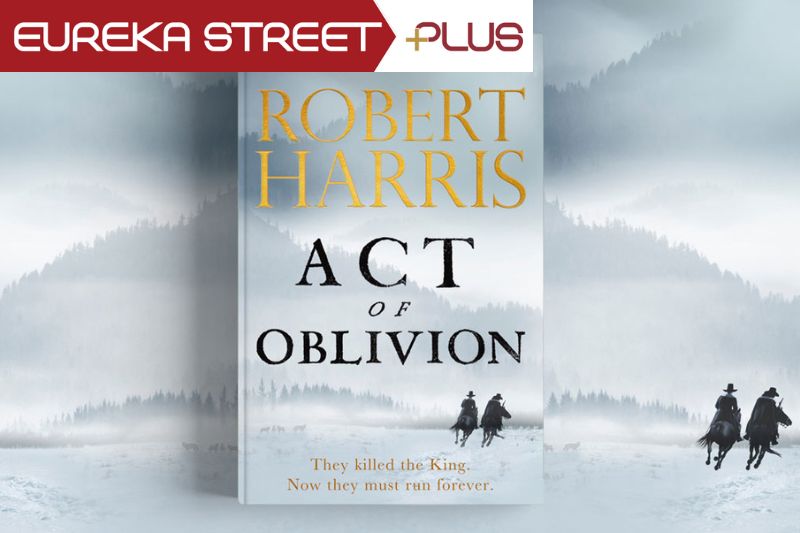
ARTS AND CULTURE
- Gillian Bouras
- 25 November 2022
In August 1660, the English Parliament passed the Indemnity and Oblivion Act, targeting those involved in the trial and execution of Charles I. The death warrant for Charles I had been signed by 59 judges, and 31 of them were still alive in 1660. Those caught suffered a terrible death of being hanged, drawn and quartered. Pursuit of the guilty was unremitting. Act of Oblivion follows the careers of three regicides and Civil War veterans who fled to the British colonies in America.
READ MORE 
-

AUSTRALIA
- David Halliday, Peter Mares, John Falzon, Nicola Nemaric, Rae Dufty-Jones
- 18 November 2022
1 Comment
Despite rising interest rates and the recent dip in property values, Australia’s housing situation places it among the least affordable property market in the world. With a rise in homelessness and younger Australians locked out of an inflated housing market, what is the way forward for Australia?
READ MORE 
-

RELIGION
- John Warhurst
- 15 November 2022
16 Comments
Australia is awash with politicians who identify or are identified as Catholic. And Catholic media always take some interest in Catholic politicians whatever their political stripe. But what does this mean to have Catholic politicians from a theologically and ideologically diverse church?
READ MORE 
-

AUSTRALIA
- David Halliday
- 14 November 2022
How much financial strain can a system tolerate? With families simultaneously staring down the four horsemen of wage stagnation, higher prices of goods, higher bills, and higher mortgage repayments, something’s got to give.
READ MORE 
-

AUSTRALIA
- Andrew Hamilton
- 08 November 2022
The Cup is stacked with horses from everywhere but Australia, is designed for celebrities and would-be celebrities to be seen rather than to see, and now restricts the space where the plebeians can ape the dress and the excesses of the privileged. Fortunately, the rain still falls on the rich and the poor alike.
READ MORE 
-
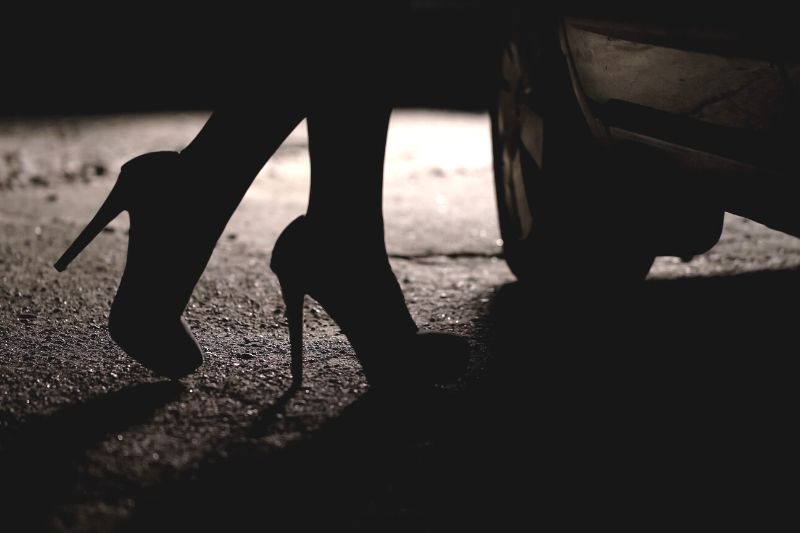
AUSTRALIA
- Juliette Hughes, Kathy Chambers
- 20 October 2022
10 Comments
With very little public debate or consultation, Victoria has repealed almost all laws relating to prostitution. Alone among all recreational activities, sex for payment is now unrestricted, even regarding health and safety. If we really care what happens to people, what place does sex work have in our society?
READ MORE 
-

RELIGION
- John Warhurst
- 13 October 2022
13 Comments
Freedom of religion, a matter of national interest still to be resolved successfully in the Federal Parliament, has yet again become a focus for the nation’s football codes. The Essendon controversy has demonstrated how it is issues with a religious-cultural component, not economic issues, which most polarize our society and are the most difficult for politics to resolve harmoniously.
READ MORE 
-
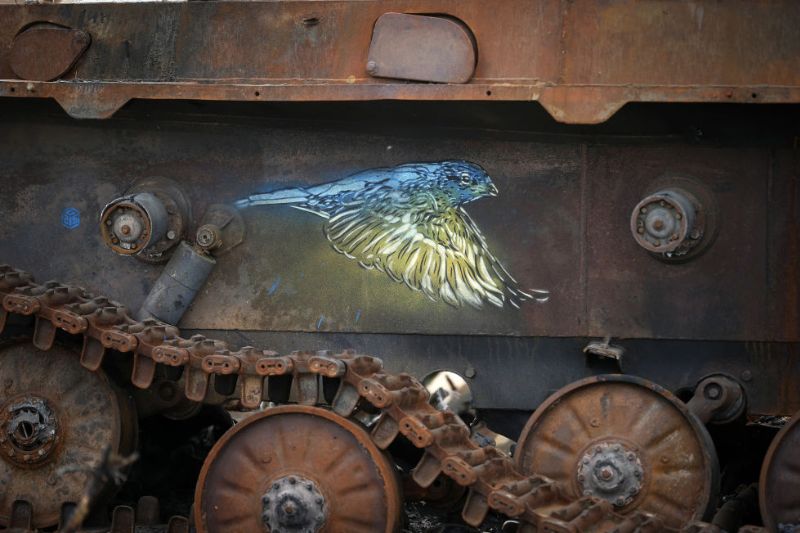
ARTS AND CULTURE
- Barry Gittins
- 13 October 2022
Why is it that we so often don’t learn from the last war’s mistakes? Time and again, humans are drawn into patterns of behaviour that echo those of the past, and that lead once again to armed conflict. It's too easy to shy away from examining the moral failure that is war. When we eulogise the fallen, do we forget why they were butchered in the first place?
READ MORE 
-
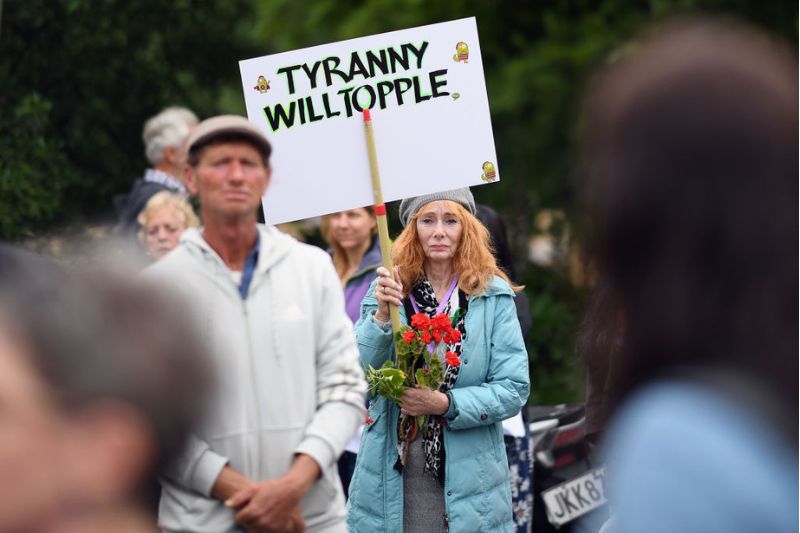
AUSTRALIA
- Andrew Hamilton
- 06 October 2022
1 Comment
Governments have, with little opposition, passed laws that privilege individual choice on issues related to abortion, contraception, gender equality and marriage. If we regard unrestrained individual choice as the fullest expression of human development, we shall necessarily relativise and erode social bonds.
READ MORE 
-
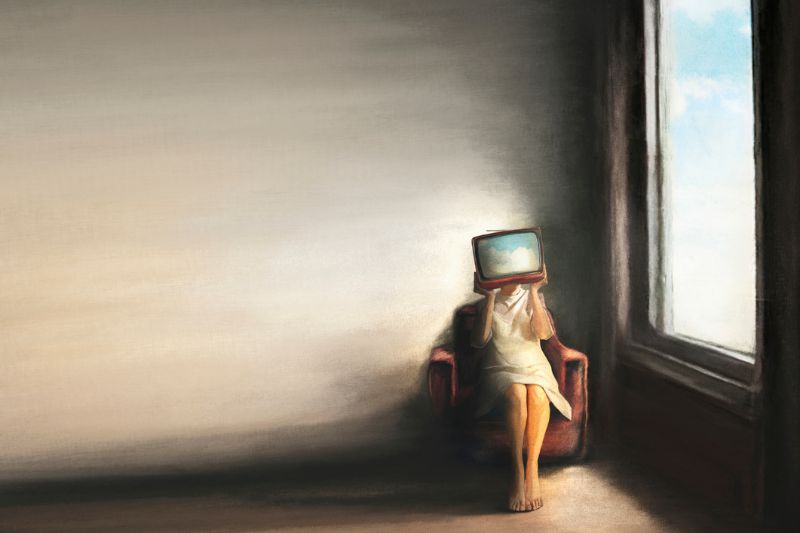
ARTS AND CULTURE
- Emma Wilkins
- 27 September 2022
2 Comments
There's an assumption that writers shouldn’t be writing about groups they don't belong to, as if this couldn’t be done with honesty and insight, respect and restraint. Difficult, yes, but impossible? Whether in fiction or non-fiction, outsiders might misunderstand and misrepresent the people they depict, but sometimes, insiders will too. Sometimes, outsiders will lack insight, but sometimes, when they’re curious, attentive, when they do not overreach, they’ll capture truth.
READ MORE 
-

INTERNATIONAL
- David Halliday, Axel Bruns
- 22 September 2022
Despite our differing social and cultural beliefs, we can mostly agree that we live in highly polarised times. But what divides us? ARC Laureate Fellow Prof. Axel Bruns studies social polarisation, and in this discussion we explore the drivers of polarisation, examining the role that digital and social media and broader social and political contexts play in intensifying social conflicts, threatening economic prosperity, undermining public trust, and ultimately destabilising societies.
READ MORE 
-
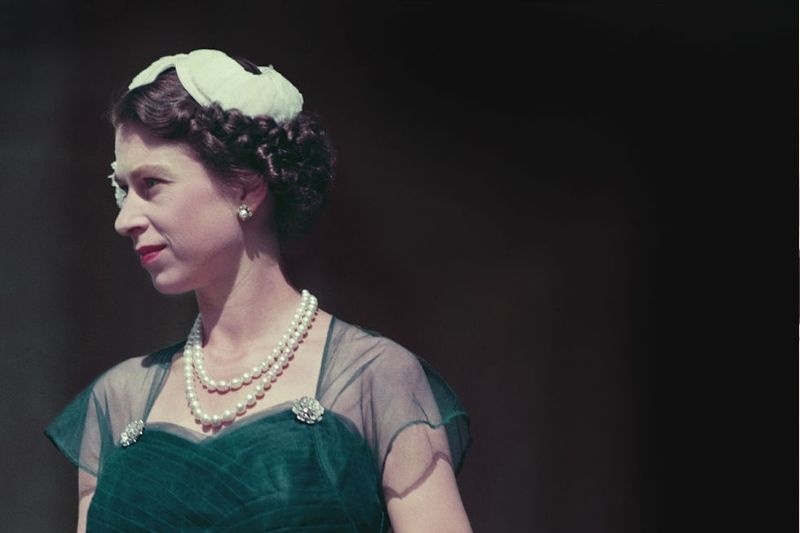
INTERNATIONAL
- Michael McGirr
- 12 September 2022
13 Comments
My mother often reminded us that she was the same age as the queen. They were both stoic to the point of being difficult to understand. There was never any doubt that, living by their lights, they would spend every breath doing what they felt called to do. Self-indulgence was hardly part of their vocabulary; along with that, they didn’t indulge others much either. The generation of 1926 was made of sturdy timber.
READ MORE 